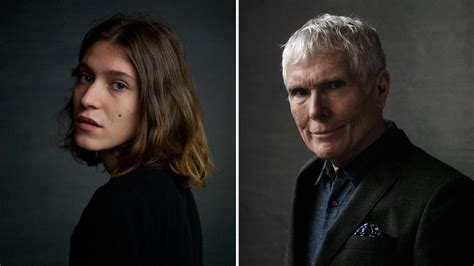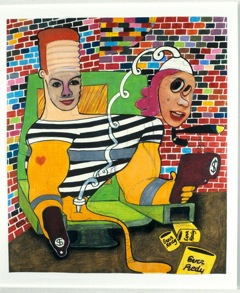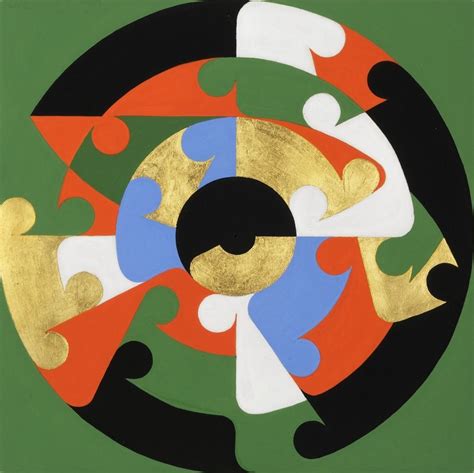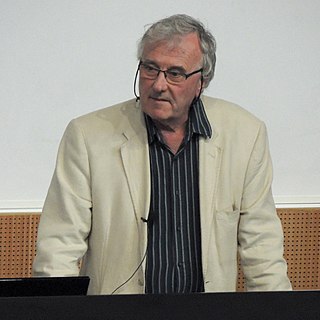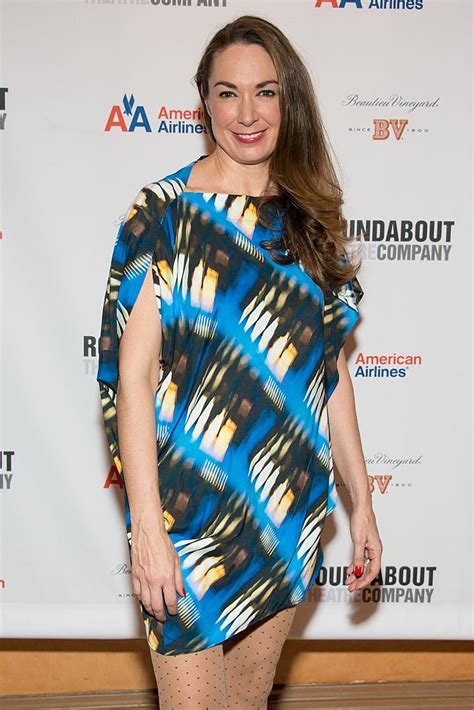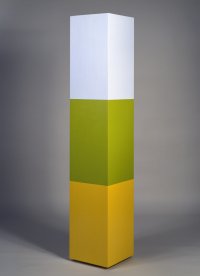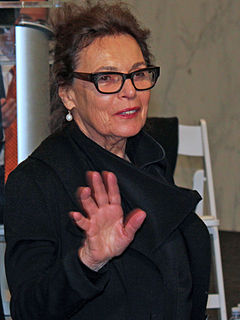A Quote by James Nares
I don't have a favorite place to see art. I like to encounter it anywhere, museum, gallery, home, studio, street... I do prefer to see good art, when I see art, but it doesn't matter where I see it.
Related Quotes
The man who has honesty, integrity, the love of inquiry, the desire to see beyond, is ready to appreciate good art. He needs no one to give him an 'Art Education'; he is already qualified. He needs but to see pictures with his active mind, look into them for the things that belong to him, and he will find soon enough in himself an art connoisseur and an art lover of the first order.
I wonder if we are seeing a return to the object in the science-based museum. Since any visitor can go to a film like Jurassic Park and see dinosaurs reawakened more graphically than any museum could emulate, maybe a museum should be the place to have an encounter with the bony truth. Maybe some children have overdosed on simulations on their computers at home and just want to see something solid--a fact of life.
